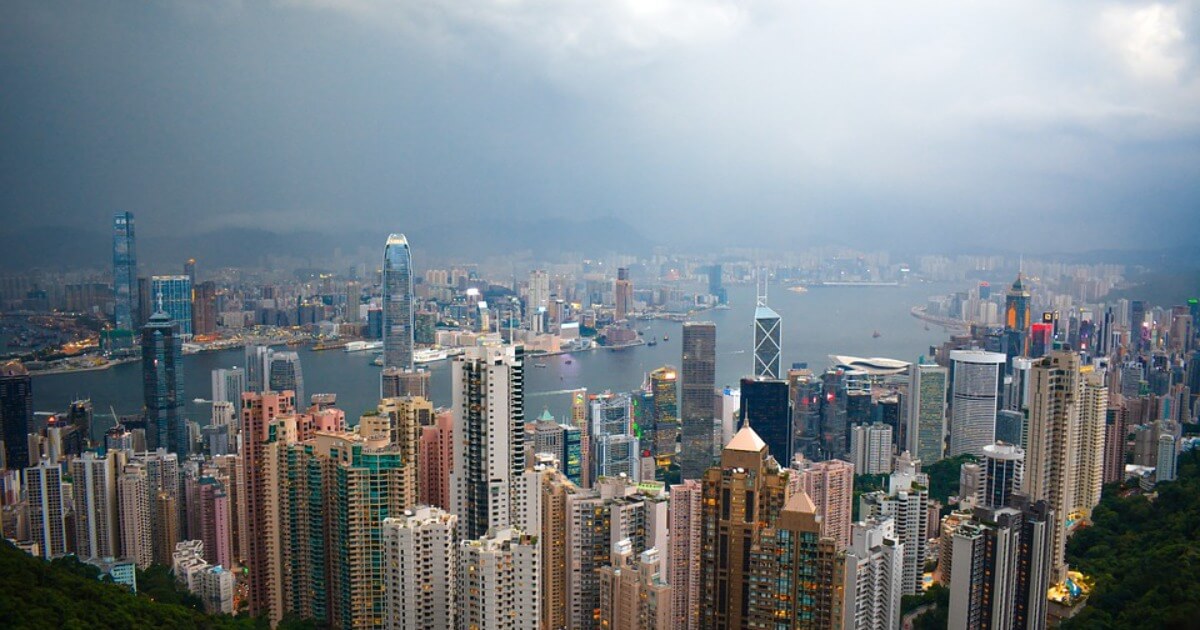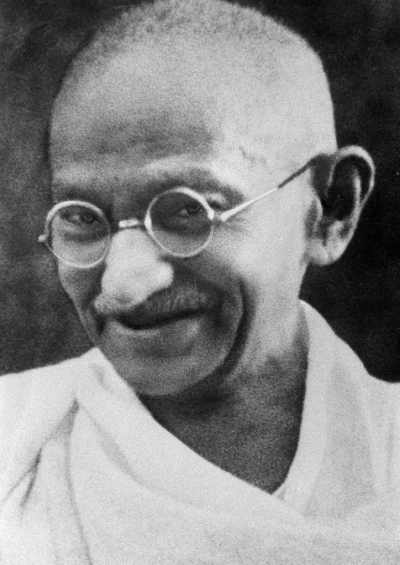Two Chinas: Hong Kong and Shanghai
The people of Hong Kong are fighting a very courageous battle against very long odds. Meanwhile, people in Shanghai live well under a Faustian bargain with the CCP.
October 3, 2019

People in mainland China don’t have a clue as to what is really happening in Hong Kong.
Chinese state television lacks any semblance of balance. Its reporting emphasizes violence on the part of the protesters. At the same time, it downplays the magnitude of what until recently were non-violent demonstrations against the steady erosion of democratic freedoms.
CCTV, the state broadcaster, gives huge play to the defacing of the government insignia on a prominent building.
As is well known, news censorship in China is pervasive. I witnessed this first hand when I spent the first part of July in Shanghai and then Hong Kong. The first thing you notice in Shanghai is the absence of Google from the homepage on your laptop.
China’s tight media control
Not only are Google and YouTube banned by the Communist Party’s great firewall, so too are Twitter, Facebook, Instagram and WhatsApp.
Switching on cable television, there are 14 channels from CCTV, but little else.
Only when I find the partially hidden right-facing arrow at the end of the CCTV scroll can BBC or CNN be viewed. It’s a chilling introduction to the absence of a free media.
Shanghai’s Faustian bargain
You get a clear feeling in Shanghai that there’s an unwritten understanding between people and government. This Faustian bargain is near total economic freedom in return for keeping your mouth shut and staying out of politics.
With the exception of the Tiananmen Square tragedy 30 years ago, the deal has been successful.
The difference between these Chinese mega cities is stark. When I arrived in Hong Kong 800 miles southwest of Shanghai, the media blackout was lifted and freedom and democracy were what people talked about.
Hongkongers’ admirable feistiness
The current wave of student-led protests began after Hong Kong’s Beijing-appointed chief executive, Carrie Lam, proposed legislation that would allow criminal suspects to be extradited to mainland China.
Under pressure Lam declared the unpopular measure dead, but protesters are not satisfied. They seek resignations from the governing council and a commission of enquiry into police handling of the unrest.
Hongkongers are alarmed by the assault on the independent judiciary and rule of law.
Protest organizers including respected lawyer Martin Lee, a founder of the opposition Democratic Party, says “Hong Kong is the key to China.”
If the defenders of democracy in Hong Kong prevail, he says, there is hope for the rule of law in China. Another Hong Kong protest leader says, “we want to change China before it changes us.”
Older Hongkongers tend to be strongly anti-communist as many came to Hong Kong to escape communist rule on the mainland.
Hong Kong is regularly judged to be the world’s freest economy. It is the regional headquarters of over 1,000 global corporations. It has strong institutions, an independent judiciary, firm property rights, a currency linked to the U.S. dollar and a vibrant free press.
The “expire-by-2047” date
Talking to protesters I am in awe of their courage, but doubtful that they will be successful. They seek to preserve freedoms that by treaty will expire in 2047. They know they are on their own, with friends abroad providing nothing except moral support.
In addition, they are aware that that people on the Chinese mainland tend to view Hongkongers as privileged spoiled children of colonialism. Or as one young friend in Shanghai who had lived in Hong Kong observed, “They are filled with mental conflicts.”
Cynics say the protests were started by young people who see no future for themselves and who are frustrated by a local government that doesn’t speak for them. Rents are excessive, housing scarce and well-paying jobs hard to find.
Hong Kong’s difficult hand
Hong Kong does not just lack Shanghai’s entrepreneurial culture that is so attractive to highly educated young people.
The reality is Hong Kong is being steadily absorbed into a south China megalopolis of 17 cities with 70 million people that Beijing calls the Greater Bay Area. For now, Hong Kong remains the region’s financial and transport hub.
And this takes me back to Shanghai, whose 23 million people dwarfs Hong Kong’s population of 7.5 million. It is also less crowded and considerably cheaper than Hong Kong, which is typically ranked as the world’s most expensive place to live.
Where Shanghai has the upper hand
While Hong Kong’s wealth is built on property and finance, the lower cost structure of Shanghai contributes to it being a center for entrepreneurship and tech start-ups.
English language skills are strong in both cities despite Hong Kong’s huge head start. Each city is home to more than 150,000 non-Chinese foreigners.
The pace of technological advance in Shanghai is extraordinary. Visitors arriving at the international airport are whisked to the city’s outskirts on the world’s fastest train, a German built maglev that reaches speeds of 200 mph.
Shanghai’s trendy Jing An district
Shanghai’s trendy Jing An district is a pleasant mixture of old and new. Fashionable cafes stand shoulder to shoulder with hole in the wall shops. But despite the city’s fast pace, street life is more relaxed, less hectic than Hong Kong.
Shanghai is a vibrant, welcoming place. Along with Beijing, it is brimming with venture capital. I visited the headquarters of Mailman, a sports marketing firm started by a young Australian and Brit. Situated on the upper floors of a non-descript building, the youthful scene inside echoes Brooklyn or San Francisco.
Casually dressed young people of varying nationalities stare at screens in tight work spaces. A ping pong table, couches and refreshment bar provide diversions. I heard as much English as Mandarin and the firm’s mission statement posted on the wall is in both languages.
China is way ahead in financial technology and leads the world in becoming a cashless society. Even the smallest purchases are done by tapping a payment app on a smart phone. Financial arms of Alibaba and Tencent control the ecosystem, each having over one billion accounts.
All that is required is a Chinese smart phone and a linked bank account. You pay by holding your personalized QR code against that of the merchant. It takes only seconds. There’s no plastic and no fees. Debit and credit cards are seldom used.
July 1 Hong Kong protests in which 500,000 participated
The Shanghai headquarters of Mailman
Takeaways
People in Hong Kong are fighting a courageous battle against long odds. People in Shanghai live well under a Faustian bargain with the CCP.
Older Hongkongers tend to be strongly anti-communist as many came to Hong Kong to escape communist rule on the mainland.
Hong Kong is being absorbed into a south China megalopolis of 17 cities that Beijing calls the Greater Bay Area.
I am in awe of the protesters’ courage, but doubt they will succeed. They seek to preserve freedoms that by treaty will expire in 2047.
If the defenders of democracy in Hong Kong prevail, there is hope for the rule of law in China.


